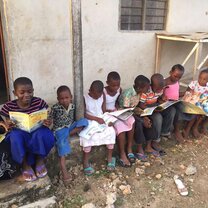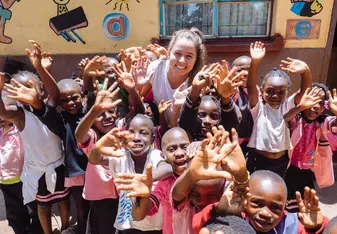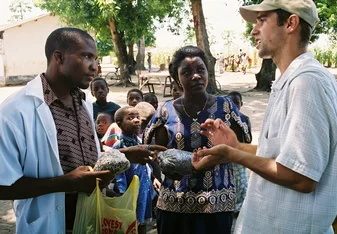Volunteer in Zambia with VSO
Location
- Zambia
Nov 10, 2016
Apr 30, 2012
0 travelers are looking at this program
About Program
Join VSO in Zambia to make a difference while traveling! VSO is looking for volunteers with a variety experiences and qualifications. The three main goals VSO has to improve lives in Zambia are to secure livelihoods, to encourage participation in government, and to raise awareness of HIV/AIDS. Volunteers who have experience in health care and medicine, fundraising, management, advocacy and policy, agriculture and nutrition, and communications are especially needed.
Most VSO volunteer placements require a few years experience in the given field so check the website for more details. Volunteers must be at least 23 years old, but anyone from 18-22 years old should take a look at VSO's Youth options.








